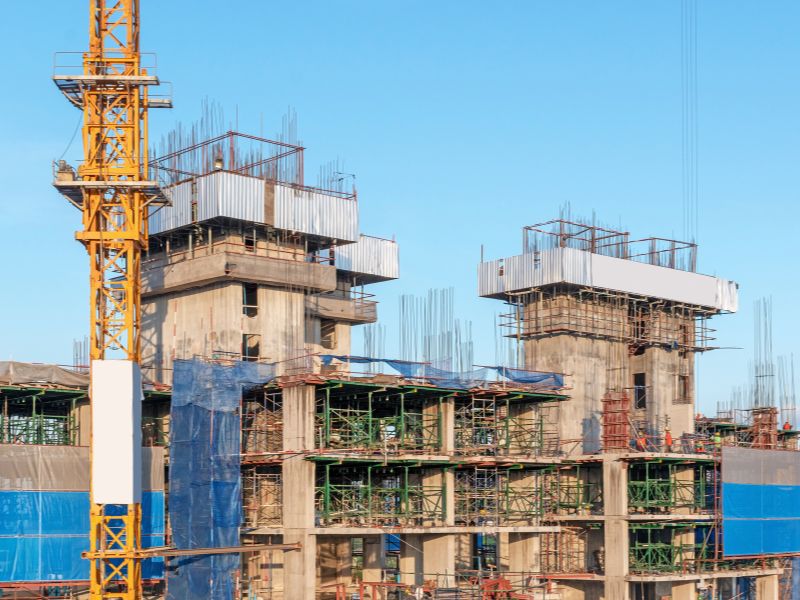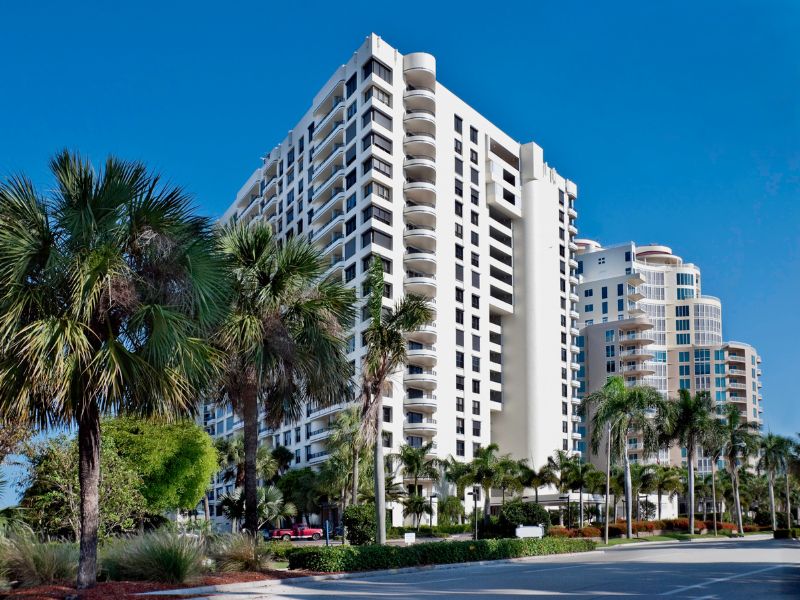Flipping properties is a well-known real estate investment strategy where investors buy properties with the intention of selling them for a profit in a relatively short time frame. This strategy is particularly appealing to those seeking quick returns. However, the dynamics of flipping vary significantly depending on the region. In this article, we will delve into how flipping works, particularly in Dubai, where the market conditions present unique challenges and opportunities.

What is Flipping?
Flipping, in real estate terms, refers to the process of purchasing a property and reselling it at a higher price within a short period. The aim is to generate profit by leveraging market appreciation or improving the property. In essence, flipping is akin to trading, where investors capitalize on short-term price fluctuations or added value through renovation.
While flipping is a popular strategy in various global markets, Dubai’s real estate market presents distinct challenges and requires investors to be more discerning. Though flipping does occur in Dubai, it’s neither the easiest nor the most common investment strategy due to specific conditions that govern property resales, especially for off-plan properties.
Why Do People Flip Properties?
The primary motivation for flipping is profit. Investors aim to invest in properties that they can quickly resell at a higher value. However, Dubai’s real estate market operates differently from other global markets, and not every flip yields a profit. Flipping in Dubai requires a strategic approach, especially when considering factors such as developer restrictions, resale conditions, and market demand.
Types of Properties to Flip in Dubai
In Dubai, investors can flip two main types of properties: off-plan properties and ready properties.

1. Off-Plan Properties
Off-plan properties are those that are purchased directly from the developer before they are completed. Many investors buy off-plan properties with the expectation of reselling them before handover. However, flipping off-plan properties in Dubai involves more complexities than one might assume.
Challenges with Off-Plan Flipping:
- Resale Conditions: Each developer has specific conditions regarding when a property can be resold. Often, developers require the investor to pay 30% to 40% of the property’s value before they are allowed to resell it, regardless of how much construction has progressed. This liquidity requirement can prevent investors from flipping quickly if they haven’t budgeted for these payments.
- Developer Inventory: Investors need to ensure that the developer has sold out their stock. If the developer still has available units at the original price, potential buyers are unlikely to pay a premium for the resale unit, especially if the developer offers better payment plans.
- Market Demand: Flipping is only viable if market conditions are favorable. Factors such as a prime location, limited number of units in the development, and increasing property prices all contribute to a successful flip.
When is Flipping Off-Plan Properties Profitable?
Flipping off-plan properties can be profitable under the following conditions:
- The unit purchased is in a prime location within the development.
- The development has limited inventory, reducing competition.
- Market demand is high, driving up property prices.
- The developer’s inventory is sold out, forcing buyers to turn to the secondary market.

2. Ready Properties
Ready properties, also known as secondary market properties, are those that have already been completed and may have been previously owned. Flipping these properties can be simpler than off-plan flipping because the developer is no longer involved. However, success still depends on market timing and purchasing strategy.
Key Considerations for Flipping Ready Properties:
- Purchase Below Market Value: Successful flipping depends on acquiring the property below the current market value. This can happen when an investor finds a distressed seller who needs liquidity and is willing to sell at a lower price.
- Additional Costs: Investors need to account for the acquisition costs of ready properties, including a 4% Dubai Land Department fee, a 2% agency commission, and other transaction-related fees. This adds around 6-7% to the purchase price, meaning that to make a profit, the property must be resold at a price high enough to cover these expenses.
Where in Dubai is Flipping Most Common?
Some areas in Dubai are more conducive to flipping due to high demand and limited inventory. For example, beachfront developments such as La Mer and JBR have seen significant price appreciation, allowing investors to flip properties for a profit. These areas have all the factors that contribute to successful flipping: prime location, limited inventory, and strong demand.
Flipping Timeline and Market Cycles
The timeline for flipping a property in Dubai varies depending on market conditions. In some cases, investors have successfully flipped properties in as little as three to six months. However, timing is crucial. For instance, investors who bought properties during the early months of 2020, when the market was at a low due to the pandemic, were able to sell in few months those properties at a substantial profit due to market recovery.
Renovating and Flipping Properties
While less common in Dubai, renovating properties for resale could become more popular in the future. As Dubai’s freehold market is relatively young (the first freehold properties were introduced in 2002), most properties are still in good condition. However, as buildings and villas age, opportunities for investors to purchase and renovate properties for resale will likely increase, particularly in older communities such as Palm Jumeirah, Dubai Marina, and Emirates Hills.
Flipping properties in Dubai is a lucrative but challenging investment strategy. Success depends on understanding the market dynamics, resale conditions, and timing your investment correctly. While flipping is possible with both off-plan and ready properties, investors need to be cautious and well-informed, especially regarding the financial obligations and market risks. By carefully selecting properties in prime locations and considering market cycles, investors can achieve significant profits. However, as with any investment, planning for the worst-case scenario and being prepared to hold onto a property is essential for long-term success in Dubai’s real estate market.
